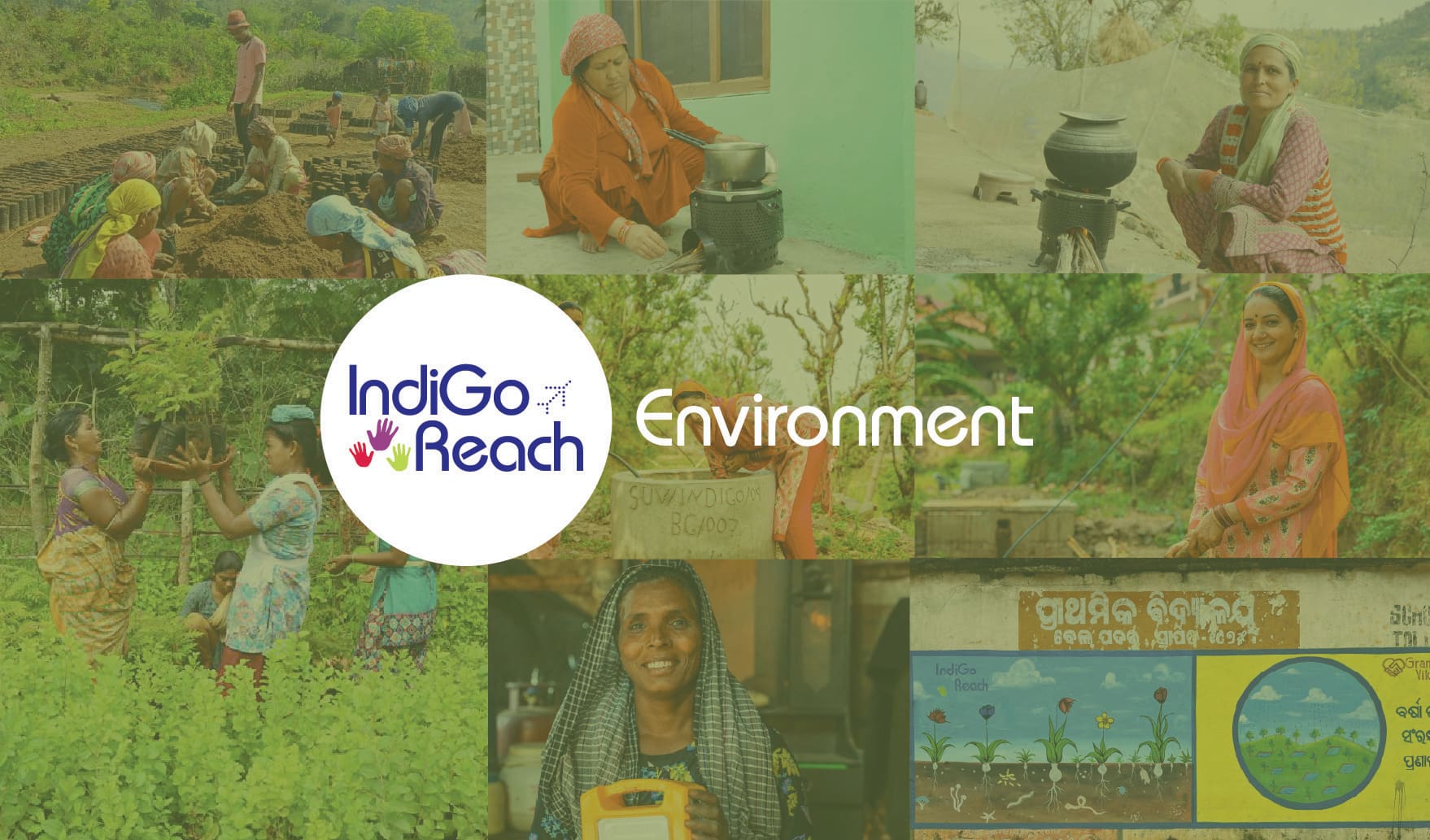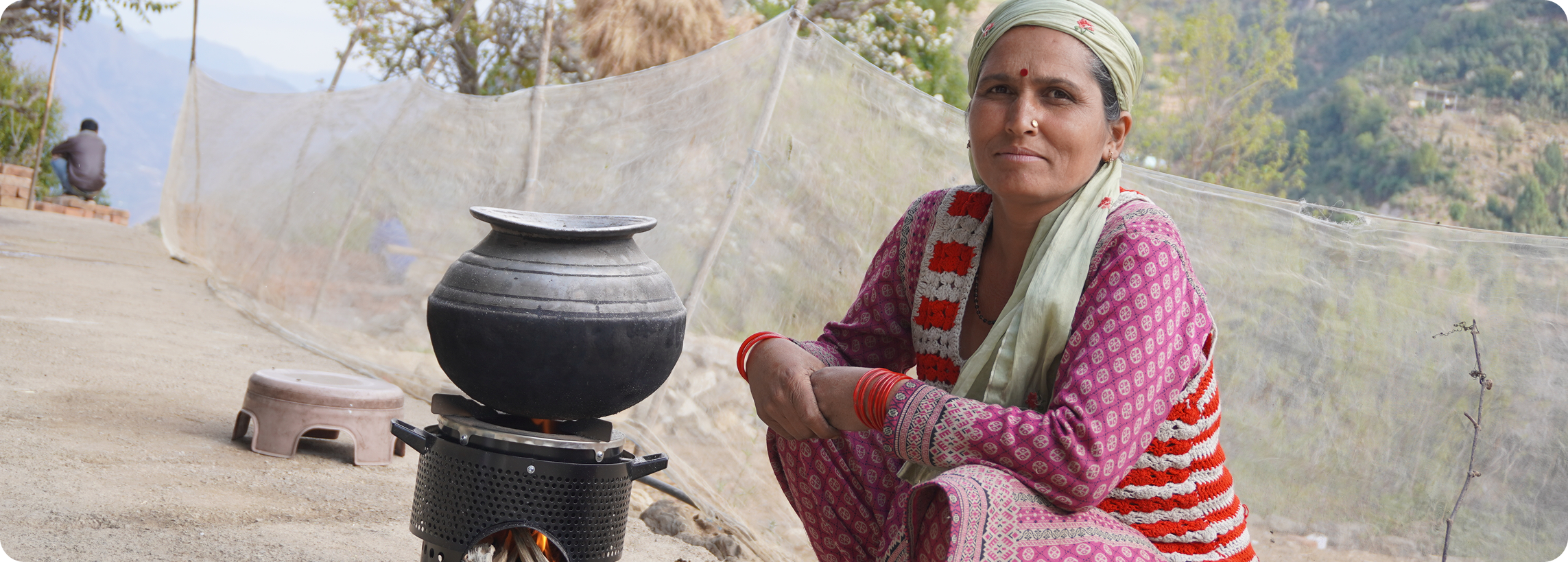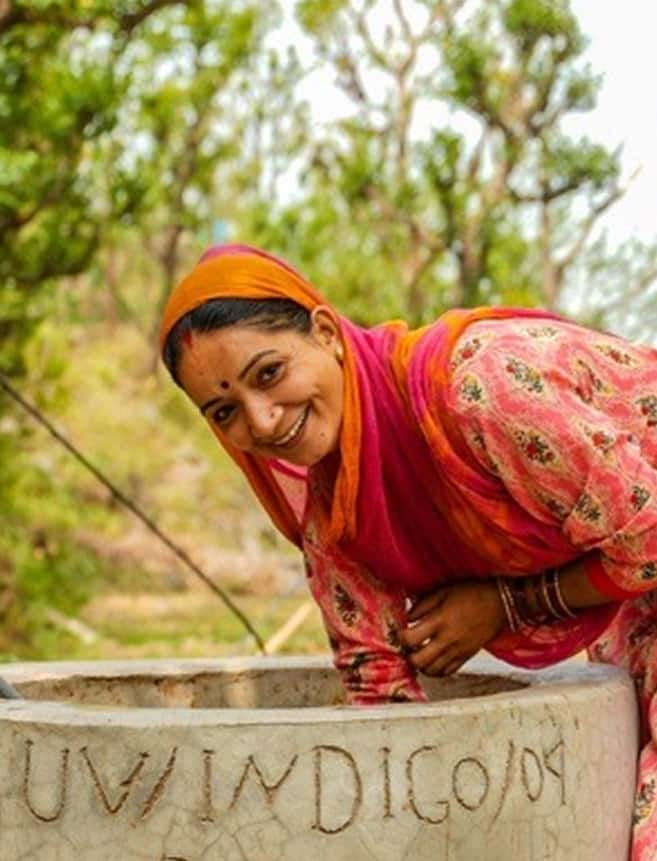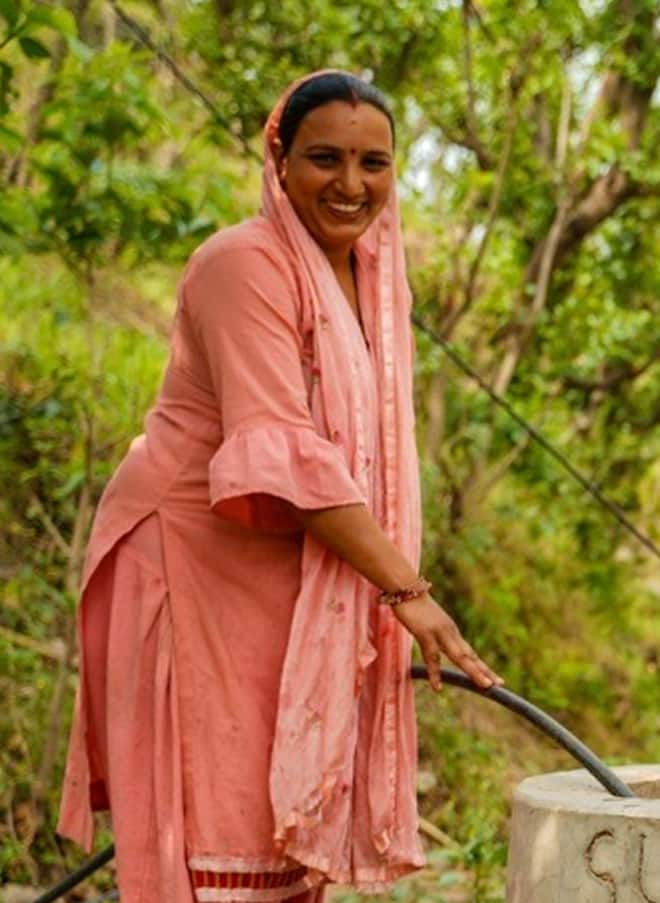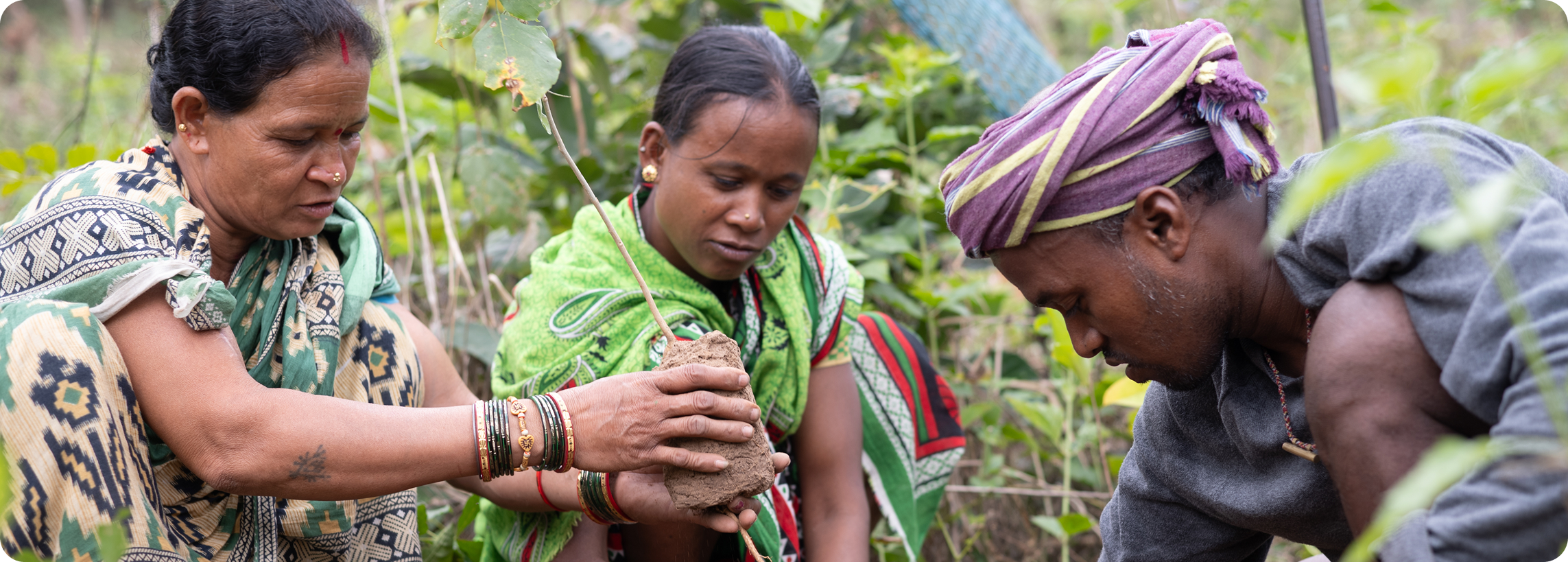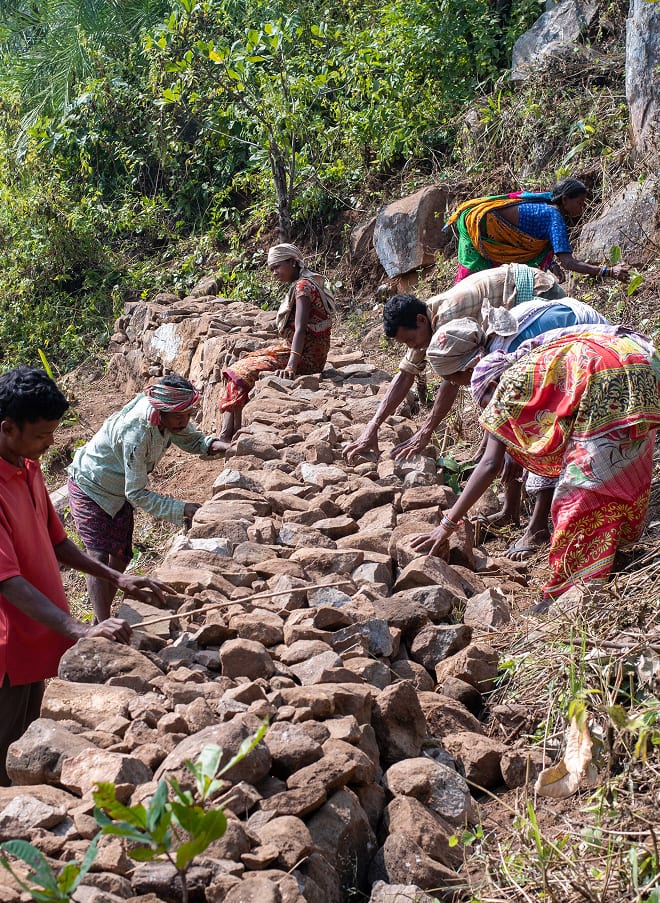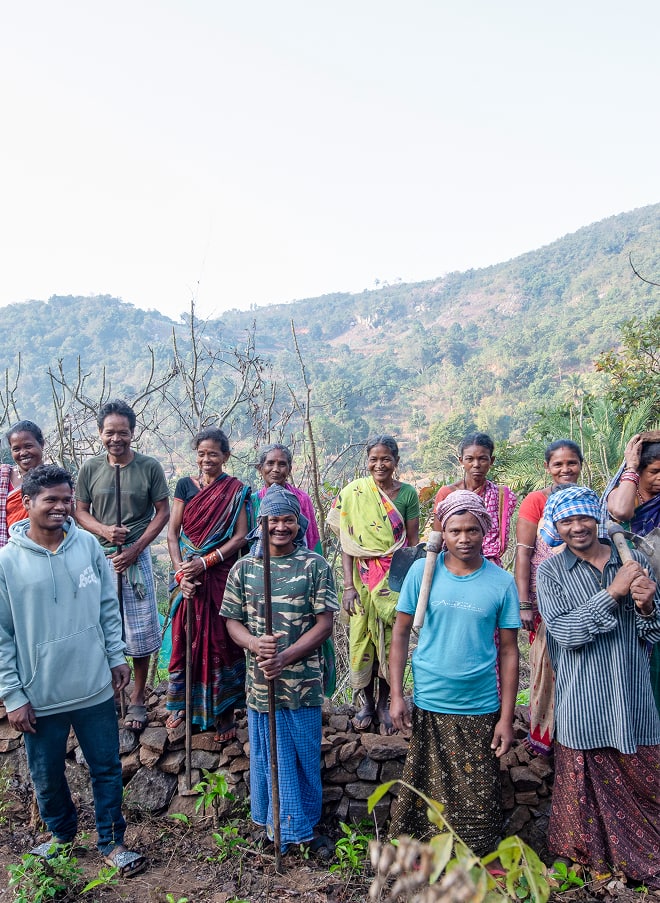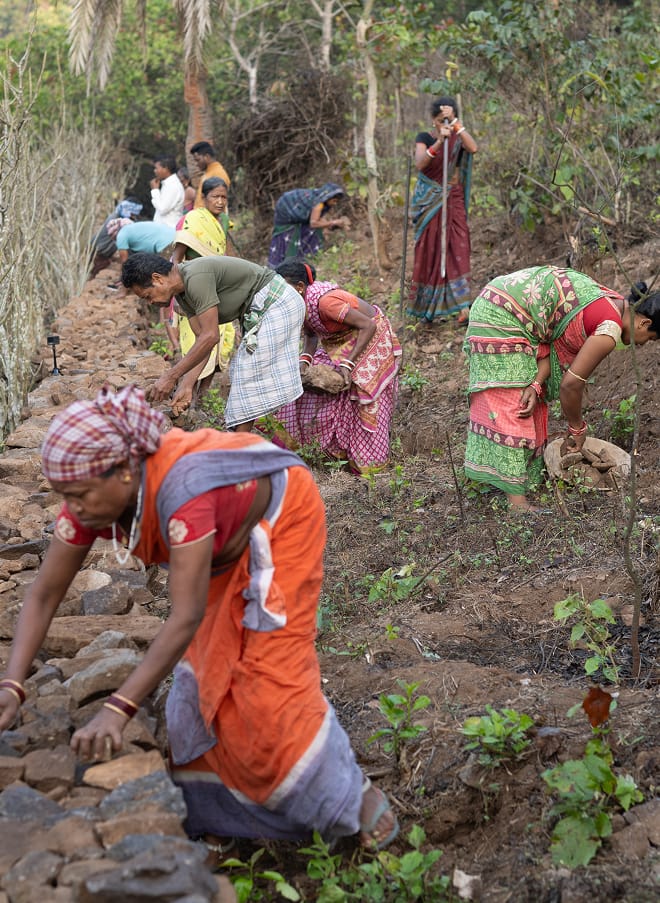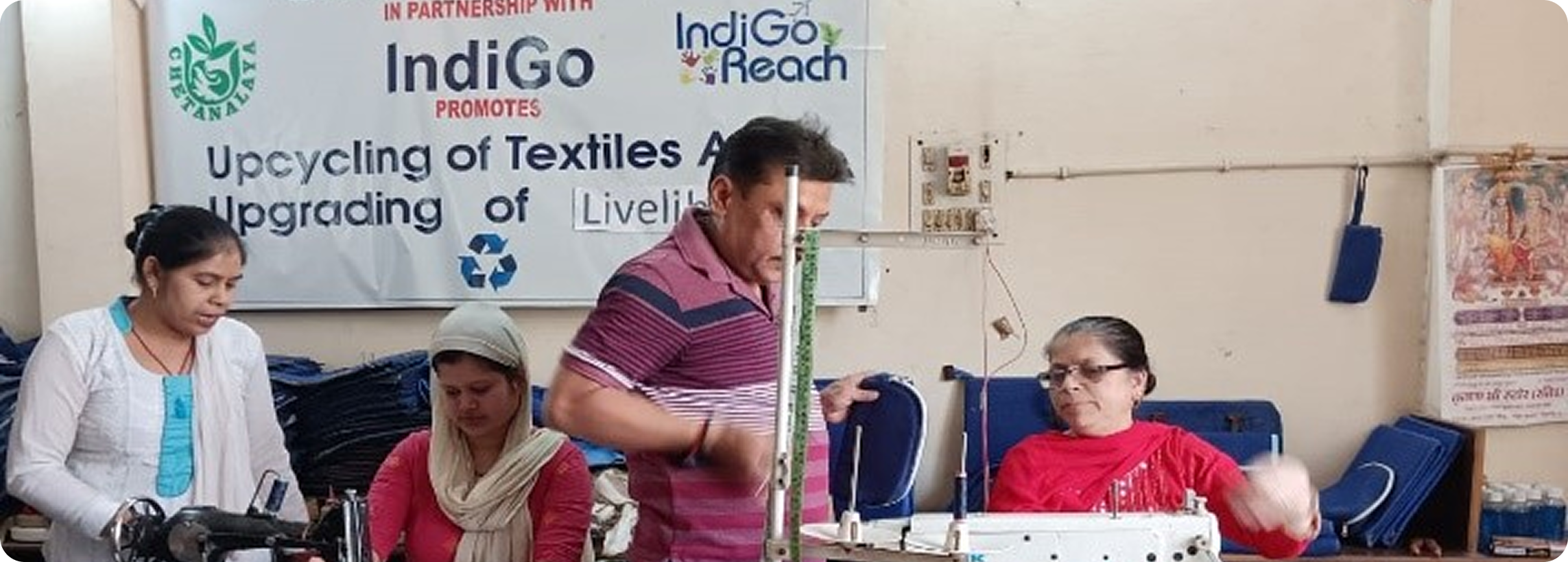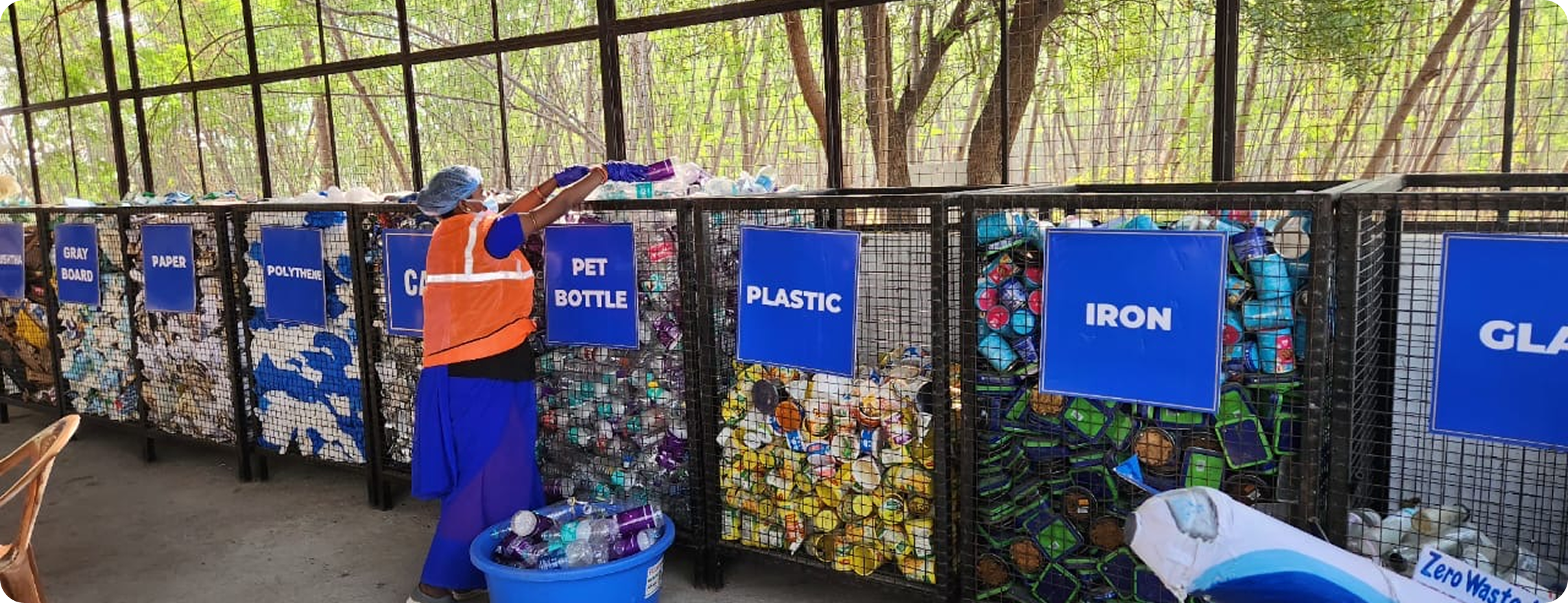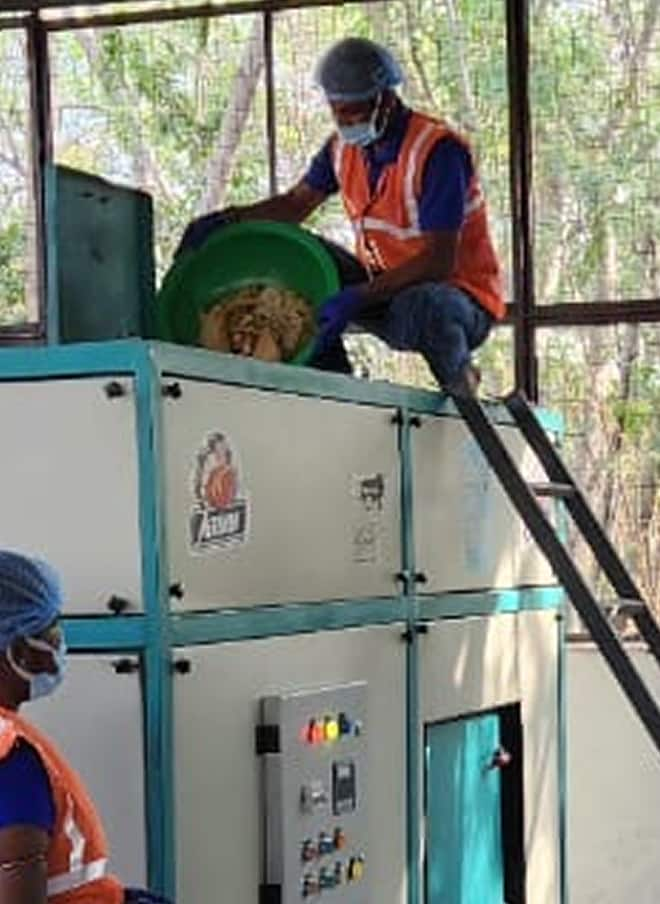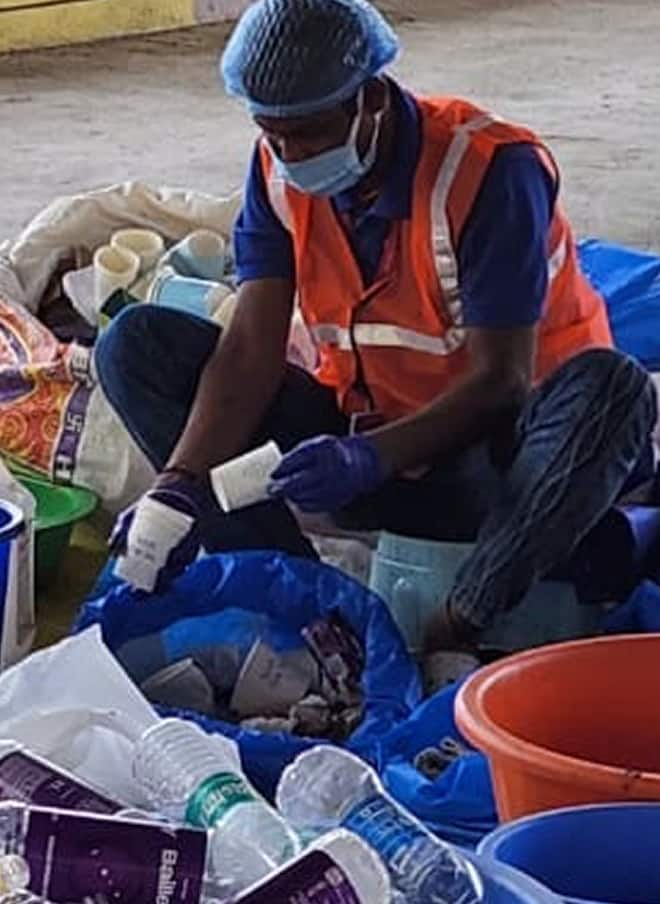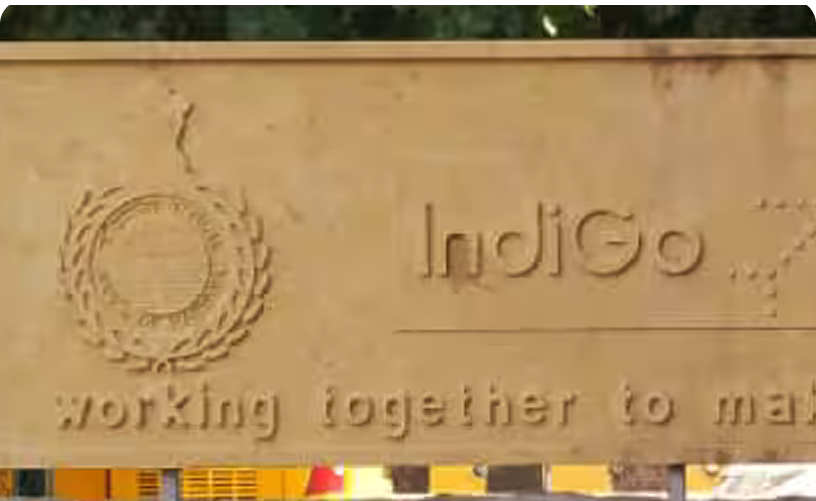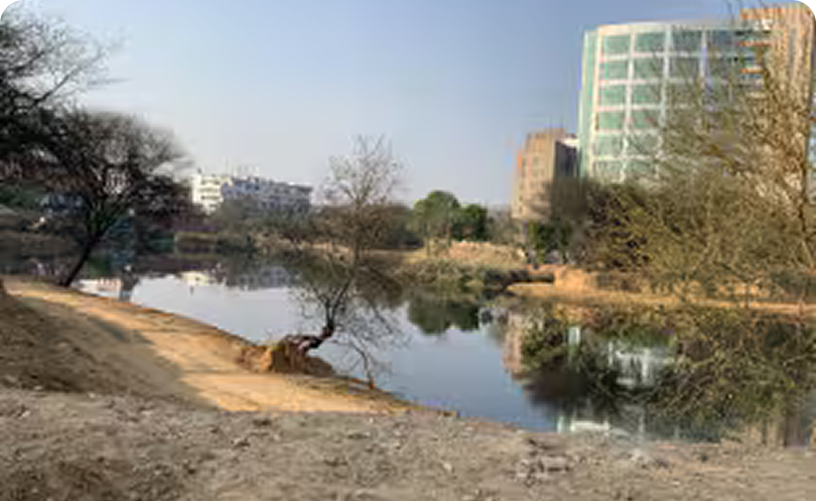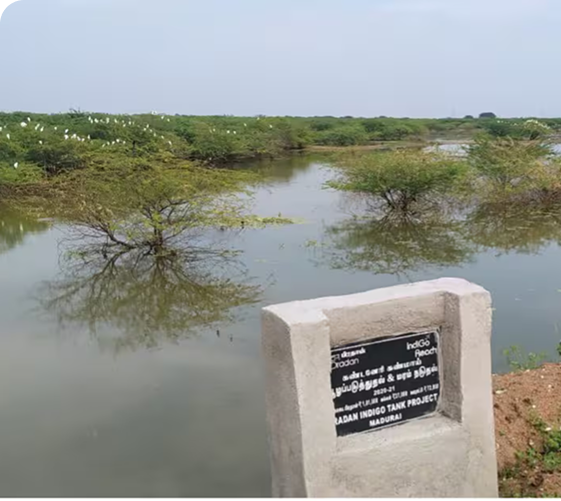Using the 4R strategy (Reduce, Reuse, Recycle, Recover), the project aims to minimize the environmental impact of airport operations and set a new standard for sustainable waste management in aviation.
Indore Airport is now poised to embrace ‘Zero Waste’ practices through the 4R approach – Reduce, Reuse, Recycle, Recover. The new waste processing plant will process the airport’s daily waste of 750 kgs on-site, significantly reducing landfill dependency.
The Zero Waste Project features a cutting-edge Wet Waste Processing Unit that transforms organic waste into nutrient-rich compost. This compost will be utilised to enhance the airport's landscaping. Additionally, this state-of-the-art Material Recovery Facility (MRF) meticulously sort dry waste into 10 distinct categories for recycling.
To foster a culture of sustainability, the project includes comprehensive waste segregation practices and public awareness campaigns to encourage responsible waste disposal among passengers and staff. Notably, the project is designed as a self-sustaining model. Income generated from compost and recycled materials will be utilised to fund the salaries of dedicated green workers from the third year onwards, ensuring the project's long-term viability.

